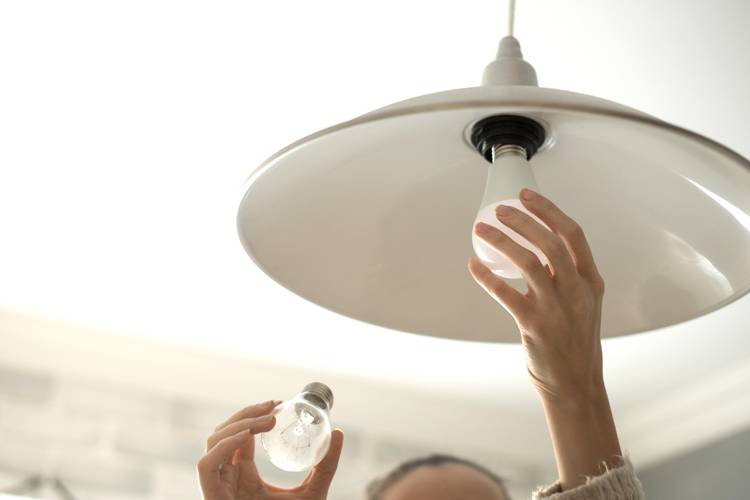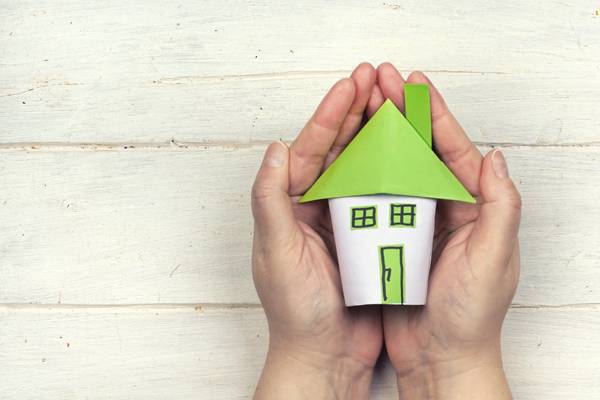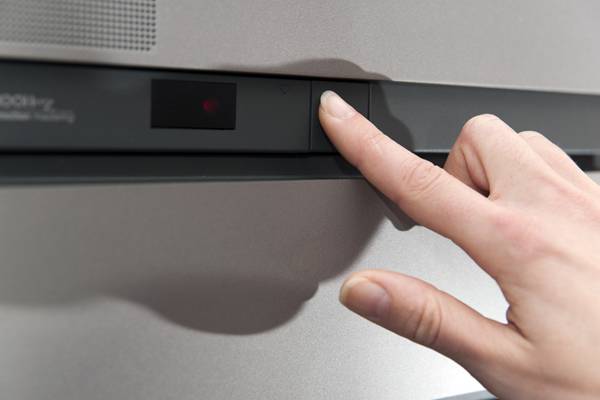Do you have an efficient home?
Energy efficiency is considered as one of the measures to put a brake on climate change and lead to a more sustainable society, together with developing renewable energies and a less aggressive transportation policy on the environment. However, are we responsible with how we use energy in our day to day lives? Here are 10 tips on how to be more efficient at home.
IT’S ECO, IT’S LOGICAL
Share

1. Check your windows
One of the greatest sources of heat loss are windows. Check that the woodwork is in optimum conditions or place ones with thermal insulation. We also advise that you install double glazing to reduce the need to heat rooms.
2. Switch to LED
Incandescent bulbs lose energy in the form of heat. Installing LED bulbs is a small investment that will quickly be repaid. LED bulbs may reduce the energy consumption of any household by 22% and they adapt to any lamp you have.
3. Check the electrical installation
In our home, the first thing we can do is check the state of the electrical installation, not only to avoid unnecessary energy and money costs, but also for safety reasons. A possible overload may lead to a fire.

4. Efficiently use your heating
The ideal thing is to keep the heating of rooms at 20ºC, air conditioning at 26ºC and hot water at 35ºC. Each degree of difference means a difference of 8% in energy. A tip: when starting up the appliance, do not set it to the maximum temperature. It will not cool or heat the room quicker, you will only end up wasting more energy.
5. Take advantage of natural resources
Raising the blinds, opening the curtains or painting the walls with light colours are some practices that reduce the need for artificial lighting. Likewise, if you open your windows enough to create currents of natural air, you can ventilate effectively and use your air conditioning less.
6. Install low-consumption electrical appliances
When you have to replace old appliances, switch them for new ones that have a low energy consumption label. Choose appliances with energy class A++ or A+++, which lead to a 70% saving in energy consumption compared to class A.
7. Use your electrical appliances responsibly
Always use your washing machine, dishwasher and dryer with a full load, along with their ecological and economic programmes. Avoid using the pre-wash cycle on the washing machine and always use cold water if possible.

8. Take care in the kitchen
Use a pressure cooker if you can, its energy consumption can be reduced by half. Cooking with a microwave also saves time and energy. If you use the oven, avoid opening it whilst it is on, as this leads to a drop of around 20ºC in temperature. Finally, turn off the heat 5 or 10 minutes before cooking to take advantage of residual heat.
9. Invest to improve water consumption
Install aerators on the taps, this will reduce consumption by 50%. You can also reduce your expenses by half when you use a double flush cistern.
10. Goodbye stand-by
Switch off all your electronic devices if you are not going to use them. It is estimated that between 7% and 11% of our energy consumption comes from "phantom consumption", and this translates into an annual cost of approximately €100. You can use multi-socket adaptors with a switch, so that you turn off all devices or chargers that are not consuming or spending energy.






